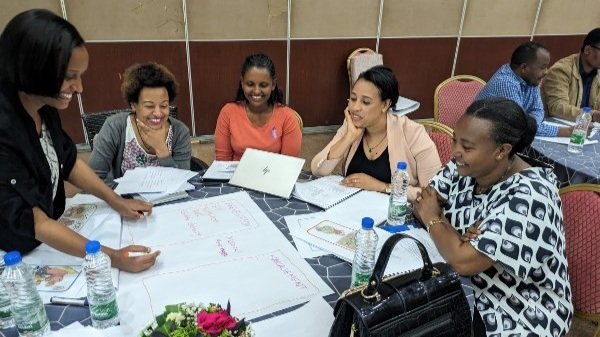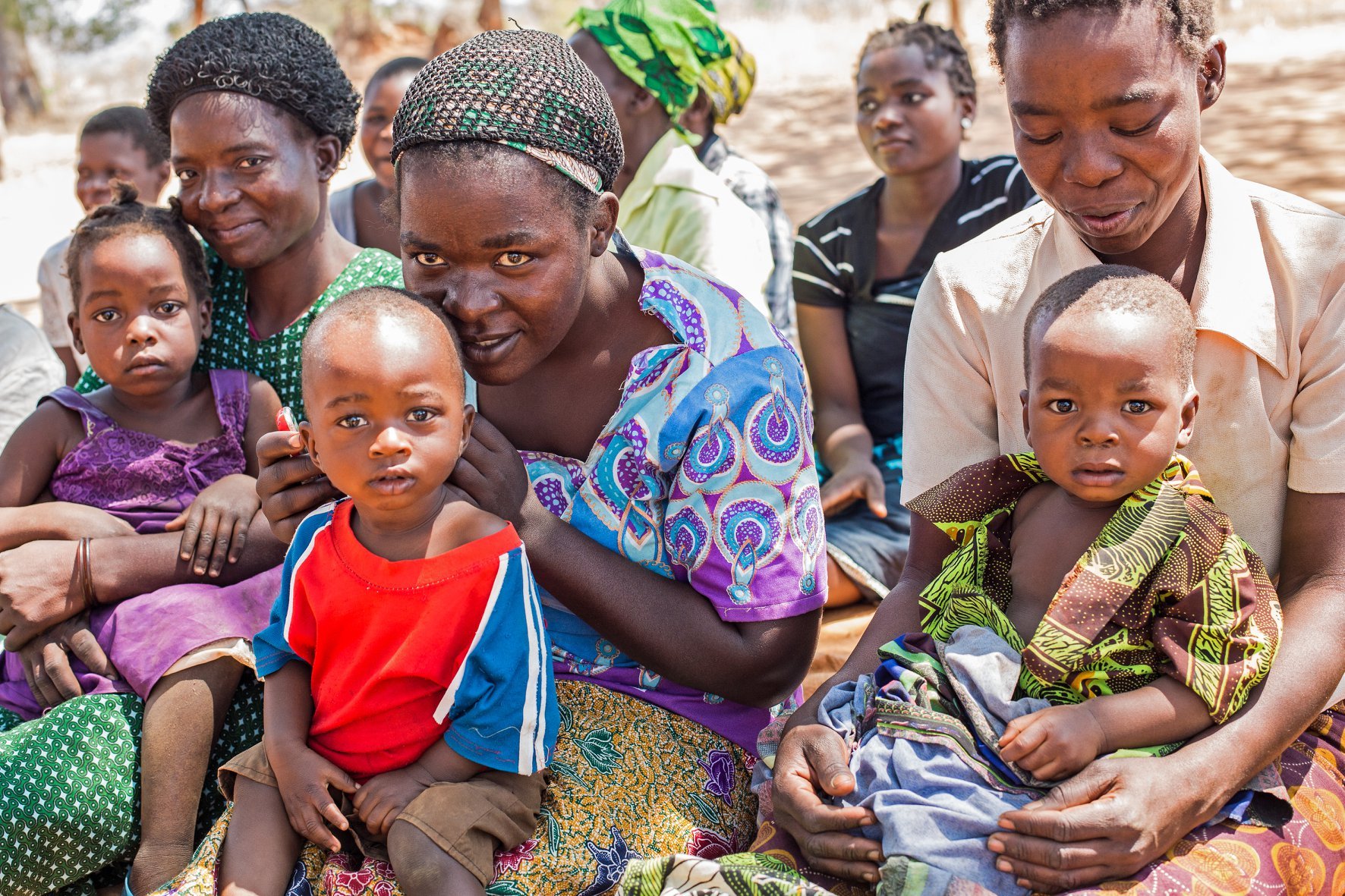
Empowered change, saved lives.
Our impact on women’s global health
Facts
More mothers and babies are surviving and thriving thanks to our Community Health Groups, which raise awareness of health risks, improve people’s wellbeing, and help communities find ways to overcome their problems.
97%
of women from our project in the Malga District, Ethiopia, know at least 2 danger signs that can occur during pregnancy.
42%
Group attendees are 42% more likely to attend antenatal appointments, checking the health of mother and baby.
60%
After being part of their local health group, women are 60% more likely to give birth with a midwife or skilled birth attendant.
44%
increase in the number of women seeking postnatal care within 7 days of giving birth, assessing their health and progress.
REAL LIFE STORIES
Thokozani’s story
“The group (set up by Women & Children First) has assisted me so very much. If I was not a member of this group, I couldn’t have saved the life of my baby.”

Our impact
Choice empowers. We fought for every women and young person to have control over their bodies, and structures, shaping healthier and more equitable societies. We tackled maternal mortality, fought for reproductive rights, and supported thriving communities around the world.
-
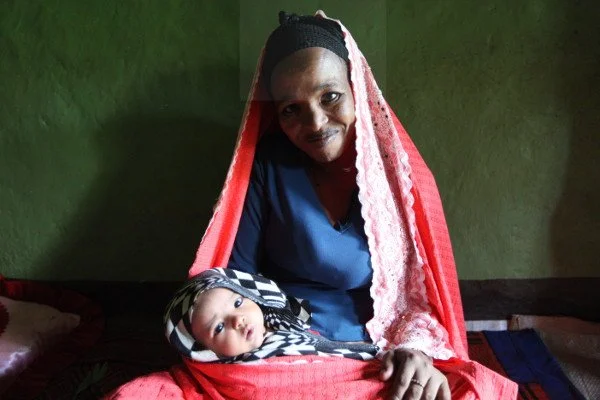
Ethiopia
Working with partners and the Ethiopian government to embed our community group approach in the national health system. Adapting groups to support women in hard-to-reach agrarian and pastoralist communities.
-

Bolgatanga, Ghana
Enhancing children’s toys with health information for caregivers, including danger signs of illnesses, bringing together play with learning, through 5 kindergartens in Bolgatanga district.
-
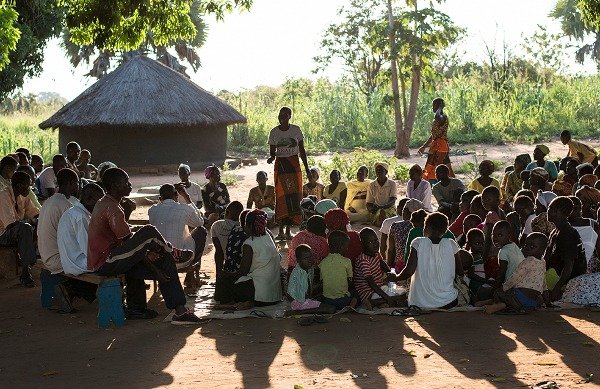
Homa Bay & Siaia, Kenya
Establishing 10 new groups to support adolescent girls with knowledge and skills to improve their sexual and reproductive health, via Afya’s medical centres.
-
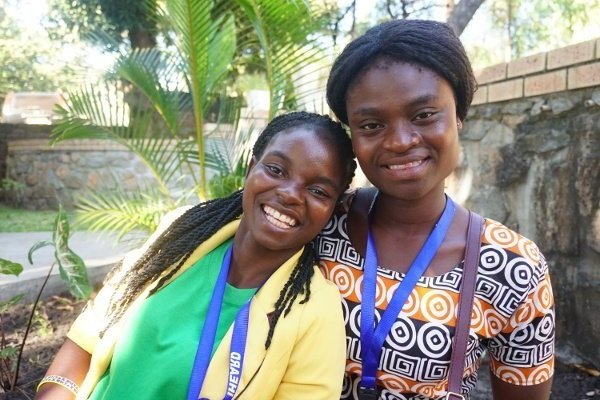
Ntchisi, Malawi
Using 280 community health groups with radio programming to support teenage girls and young women with their sexual and reproductive health issues – and how they can overcome them.
-
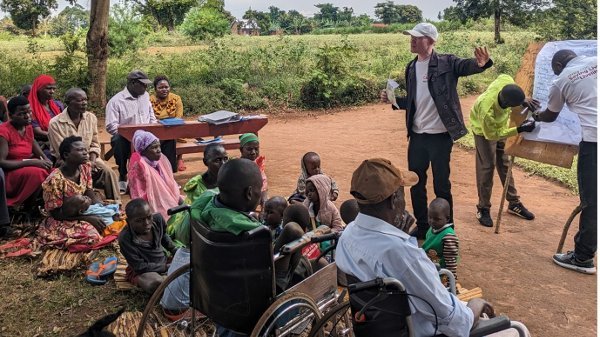
Luuka, Uganda
Setting up community health groups to empower people living with disabilities, working with them to improve the access to the healthcare they need.
-

Tower Hamlets, UK
Adapting community health groups to improve child nutrition among Bengali-speaking communities in Tower Hamlets, including recipe books and talks in local primary schools.
-

Fardipur, Bangladesh
Adapted community health groups to address accidental childhood injuries, such as drowning, to discuss problems and solutions. Over 500 parents came, with behaviours starting to change.
-

Amhara, Ethiopia
1,100 women worked together to improve their sexual and reproductive health through groups, breaking down barriers around knowledge, attitudes, finance, and access to services.
-
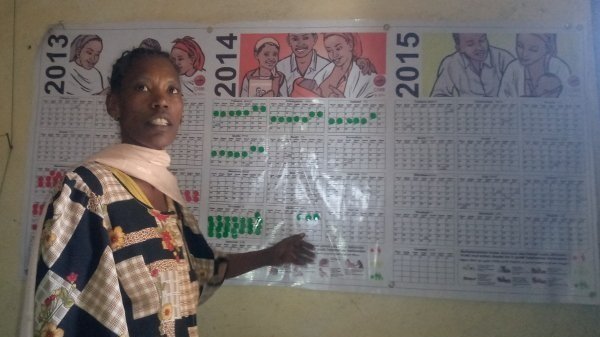
Goro, Ethiopia
Successfully trialled personalised health appointment calendars. 839 pregnant women benefitted, resulting in a 17% increase in women attending four or more antenatal care appointments.
-
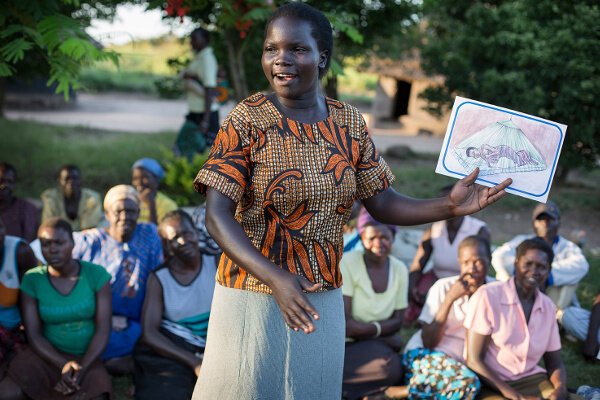
Oyam, Uganda
200 community health groups set-up to support over 30,000 mothers, newborn babies and women. The project saw a 29% increase in women saying they received ‘excellent’ healthcare.
-

Goro, Ethiopia
Improved reproductive, maternal and newborn health, benefitting 18,000 people via 100 groups, with a 13% increase in the number of safe deliveries by skilled birth attendants.
-
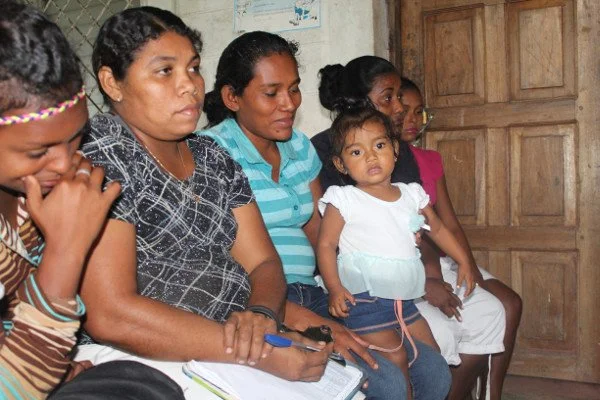
Salima, Malawi
Developed a tool with our partner the MaiKhanda Trust to prevent mother-to-child transmission of HIV, supporting 96,000 people via training staff, cascading down to community health workers.
-

Malga, Ethiopia
Over 12,300 people joined 174 community groups to discuss maternal health, diarrhoea, and malnutrition. There was a 400% increase in the number of safe deliveries by skilled birth attendants.
-

Kachin and Shan, Myanmar
Improved sexual and reproductive health rights for hard-to-reach, underserved ethnic minority women. Supported internally displaced people living in camps with community health groups.
-

Freetown, Sierra Leone
Boosted maternal and newborn outcomes for women and newborn through 140 community health groups, with a 34% increase in mothers receiving postnatal care within two days after birth.
-

El Salvador, Guatemala, Honduras, Nicaragua
Supported indigenous and marginalised women across Central America with their reproductive health rights, and maternal and newborn health. Trained 24 staff in running community groups.
-
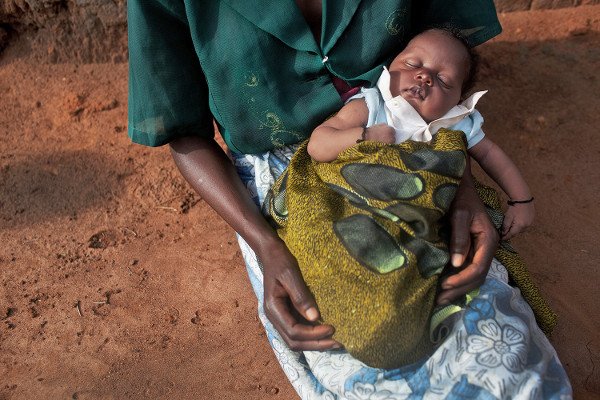
Nkhotakota, Malawi
Over 11,000 members developed local answers to their health problems, including education via wall messages, with a 44% increase in women’s knowledge of danger signs after childbirth.
-

Salima, Malawi
Prevention of mother to child transmission of HIV through the set-up of 120 community groups with 6,000 members. 53 lives saved, with 38% increase in HIV testing of 6-week-old babies.
-
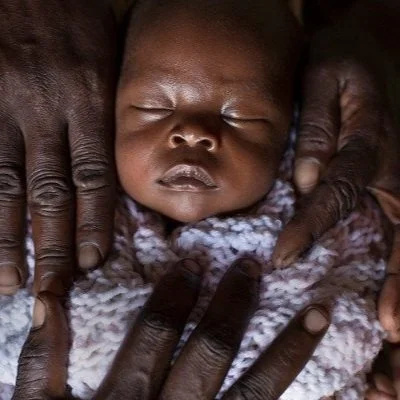
Gulu and Amuru, Uganda
Improved maternal and newborn health, with a 13% increase in 1st trimester antenatal care attendance, and a 22% increase in deliveries with a skilled birth attendant.
-

Ntchisi, Malawi
With the set-up of groups, quality improvement and advocacy, large improvements in service quality were made, including 94% of facility births adhering to neonatal sepsis – up from 55% - thereby saving lives.
-

Bogra, Bangladesh
196 community health groups saw large improvements in careseeking and childbirth, including an amazing 34% reduction in neonatal mortality and a 19% reduction in stillbirths.
-

Nkhotakota, Malawi
176 lives were saved amongst mothers and their newborn babies. Over 32,000 joined 295 groups, successfully mobilising large numbers of women to take part in important health discussions.
-

Ntcheu, Malawi
Through community health groups, campaigns and health system strengthening, large improvements were made, including a 45% increase in babies receiving skin-to-skin contact (Kangraoo Mother Care, KMC).

Read more stories
You can read more stories from our amazing communities here:


